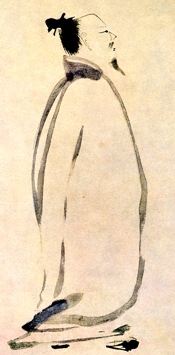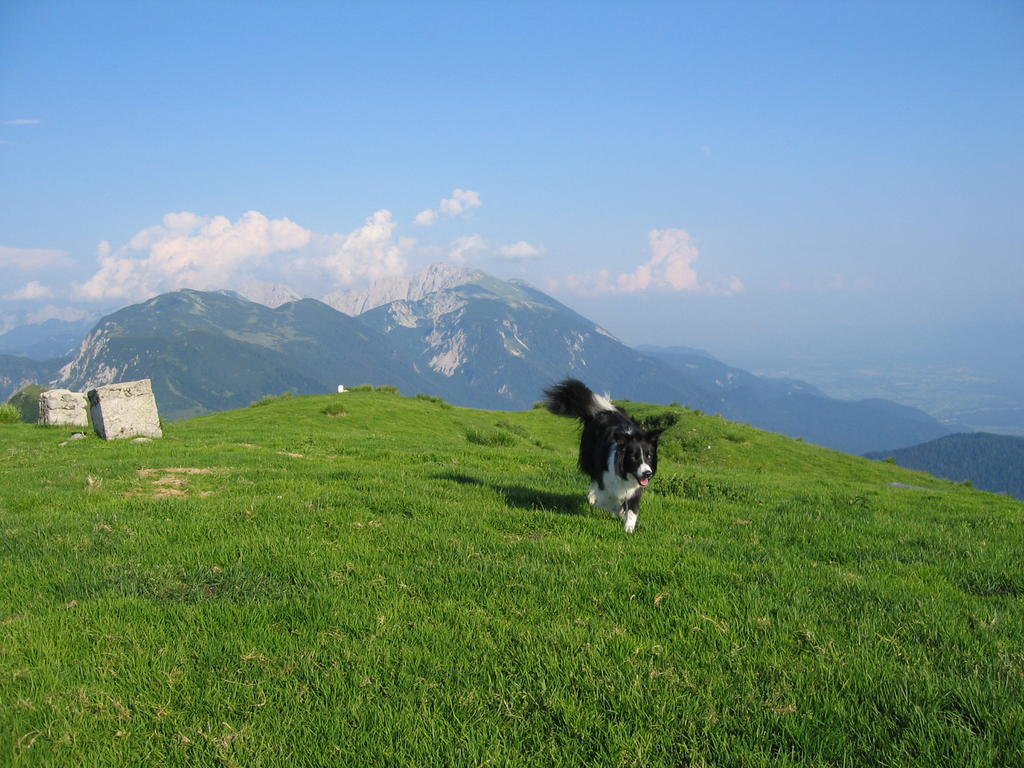Pay me in poetry
One of the more interesting aspects of my line of work is the opportunity it provides to learn things I likely never would have encountered otherwise. This morning, for example, in the course of editing an article summary, I was introduced to the Chinese poet Li Bai (or Li Po), apparently considered one of the two greatest poets in Chinese literary history. Before today my knowledge of Chinese poetry was nil; now, thanks to the article I'm editing, Wikipedia, and hyperlinks leading to pages such as this one, I am practically an authority on the life and poetry of Li Bai. I now know, for example, that he "is best known for the extravagant imagination and striking Taoist imagery in his poetry, as well as for his great love for liquor" and that he "is said to have drowned in the Yangtze River, having fallen from his boat while drunkenly trying to embrace the reflection of the moon."
Of course, this aspect of my job has its drawbacks as well, since what should be a perfunctory fifteen-minute editing task can easily turn into an endless excursion through the vast fields of human knowledge. I don't need any of this background information to correct the common errors in word order, subject-verb agreement, use of articles, and so on in the texts I work with, but curiosity drives me to find out more, even as it reduces my labor productivity and hence hourly wage (I'm paid by the page, not the hour). But think how much more impoverished my life would be if I had never read this poem:
Alone and Drinking Under the Moon
Amongst the flowers I
am alone with my pot of wine
drinking by myself; then lifting
my cup I asked the moon
to drink with me, its reflection
and mine in the wine cup, just
the three of us; then I sigh
for the moon cannot drink,
and my shadow goes emptily along
with me never saying a word;
with no other friends here, I can
but use these two for company;
in the time of happiness, I
too must be happy with all
around me; I sit and sing
and it is as if the moon
accompanies me; then if I
dance, it is my shadow that
dances along with me; while
still not drunk, I am glad
to make the moon and my shadow
into friends, but then when
I have drunk too much, we
all part; yet these are
friends I can always count on
these who have no emotion
whatsoever; I hope that one day
we three will meet again,
deep in the Milky Way.
So the theorizing on the cause of his death appears to have some basis. As for his hope of meeting his friends deep in the Milky Way, perhaps it was fulfilled; if not, he may at least feel some satisfaction knowing that, according to Wikipedia, a crater on the planet Mercury has been named after him. That, along with a thousand or so poems, still delighting random readers more than 1200 years after his death, is a better legacy than most of us get to leave.
 Li Bai Chanting a Poem
Li Bai Chanting a Poem
